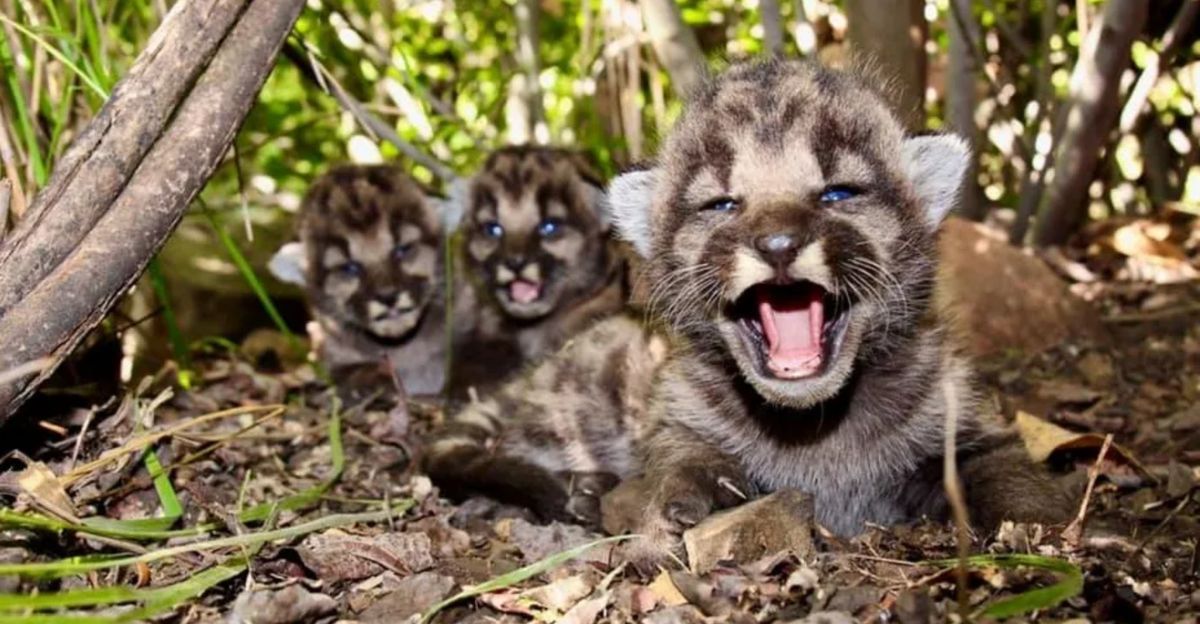
For the first time in over a century, cougar cubs have been spotted in Michigan in a remarkable turn of events that marks a significant wildlife conservation milestone in the state. As a top predator, cougars are native to Michigan but were previously hunted into extinction, and now, their gradual return to the area highlights both nature’s resilience and the importance of conserving habitats for apex predators. The species play a vital role in maintaining healthy ecosystems, and their return could signal greater ecological shifts. This offers a unique opportunity to study where wildlife rehabilitation, community engagement, and sustainable development intersect.
A Historic Finding in Michigan Wilderness

In March 2025, in Michigan’s Upper Peninsula, a local resident who was driving in Ontonagon County noticed two young spotted cats along the road. Thinking they were bobcat kittens, the driver pulled over to photograph the cat, providing images that captivated wildlife watchers and biologists. Unknowingly, the driver offered the first official sighting of cougar cubs in Michigan in more than a century, which could signal a resurgence of this secretive predator in the state.
The Legacy of Michigan’s Cougars
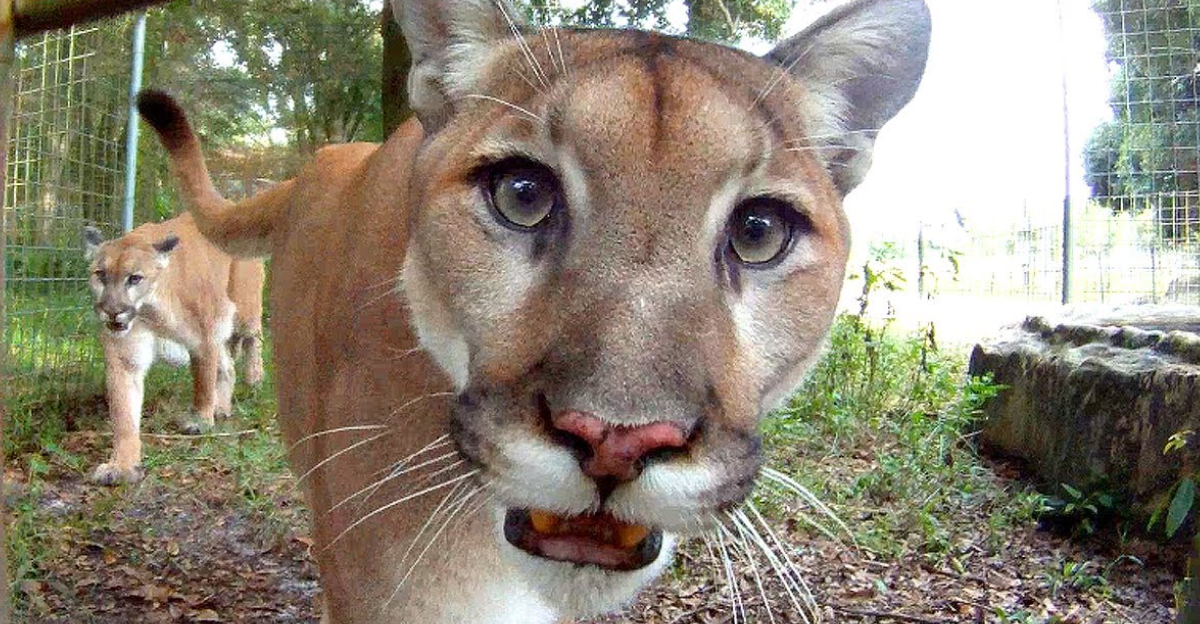
Historically, cougars, also known as mountain lions or pumas, were widespread throughout Michigan. But by the early 1900s, increased hunting and habitat destruction resulted in their extinction in the state. Since then, their presence has reduced to unsubstantiated sightings and sporadic reports of individual males passing through from western states.
The Significance of the Sighting
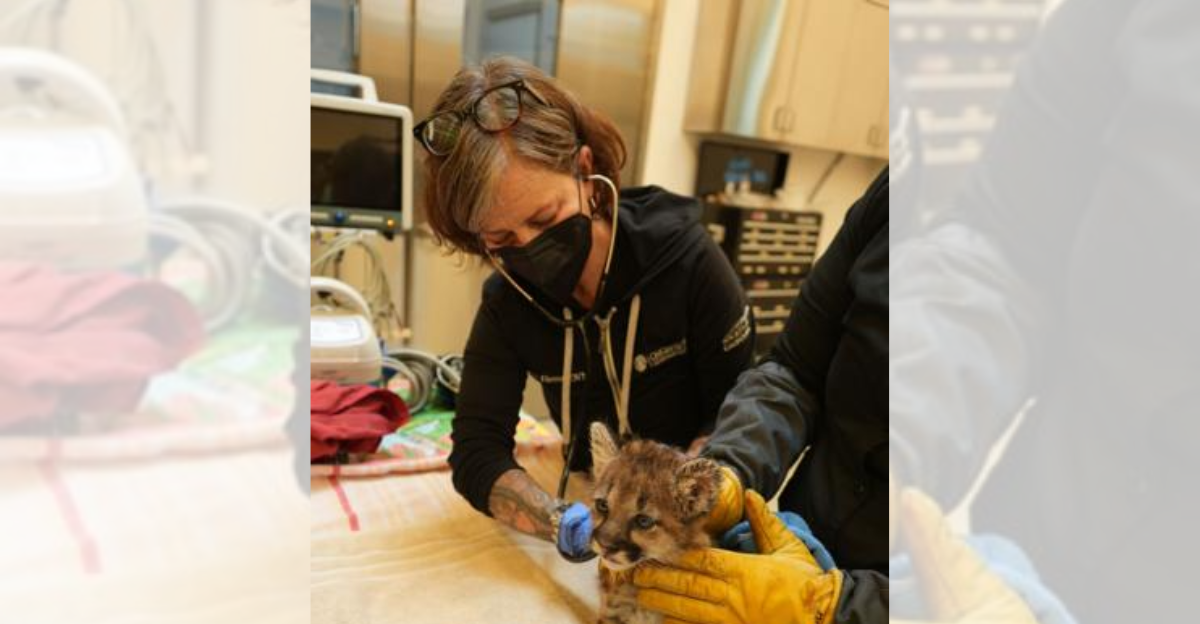
The confirmation of the cougar cubs is not just a mere sighting of wildlife but rather a milestone in conservation. Biologists from The Michigan Department of Natural Resources (DNR) estimated that the cubs were roughly 7 to 9 weeks old at the time of discovery, indicating successful if tentative, reproduction at the local level for the first time in over a century.
The Cubs’ Mysterious Appearance
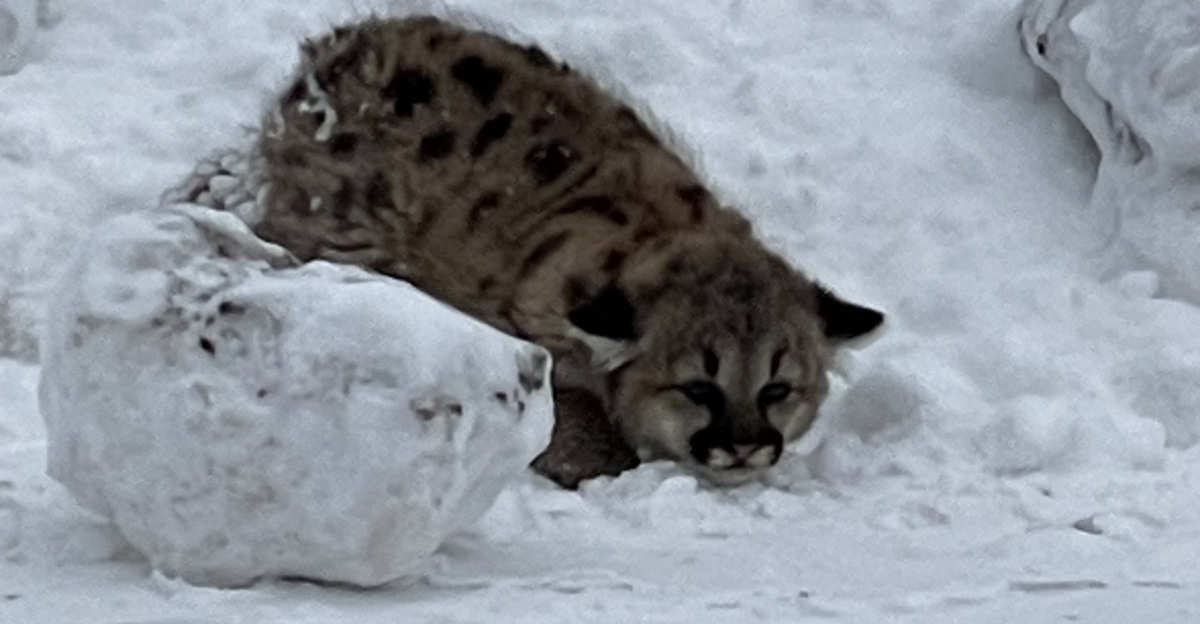
The cubs were alone when they were spotted, which has worried biologists since cougar cubs are highly dependent on their mothers and live with them for up to two years. This forced biologists to question the chances of cubs’ survival. However, experts believe the mother would have been nearby, avoiding humans, which is not uncommon for this shy species.
The Broader Ecological Impact
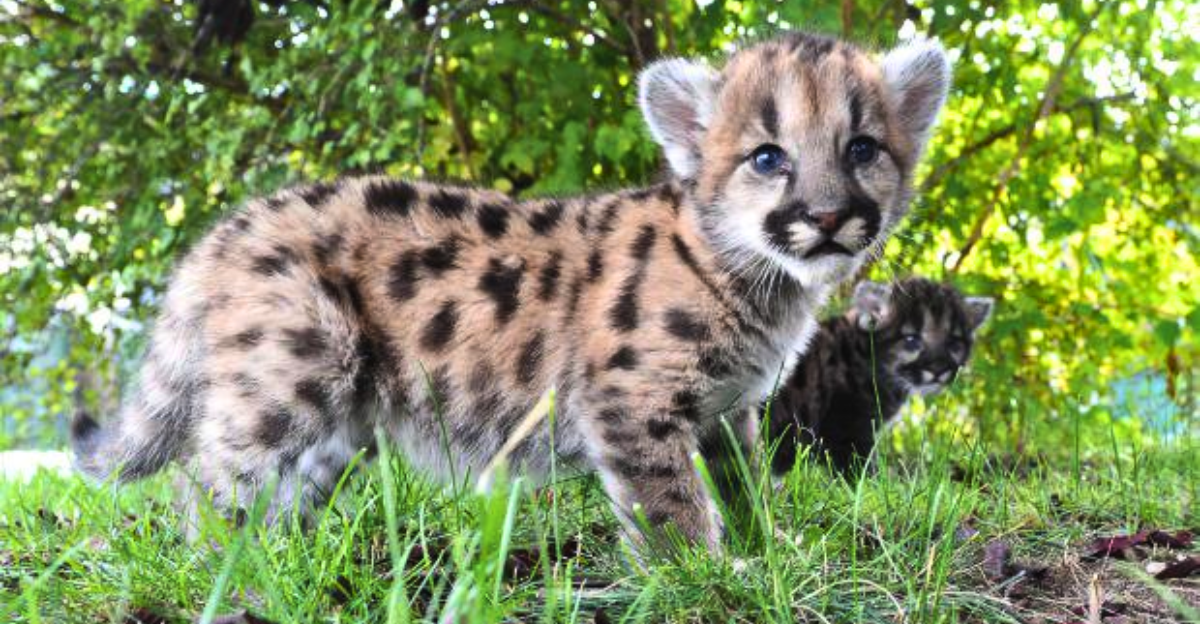
Cougars are important to the state’s ecology as top predators, keeping prey species populations in check and maintaining ecological balance. This has a ripple effect on vegetation and the overall health of ecosystems. The re-establishment of cougars in Michigan would most likely re-energize these processes, restoring stability and resiliency to the state’s unique ecosystems.
Potential Implications of Cougars’ Return
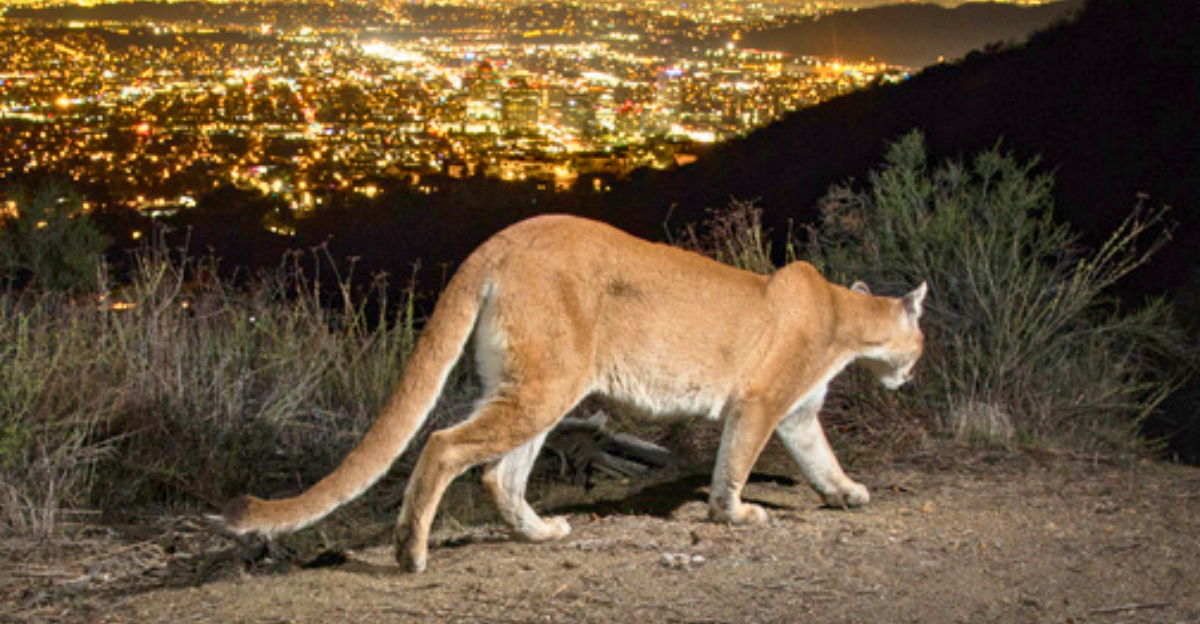
The return of cougar cubs to Michigan has far-reaching implications. It suggests that the habitats within the state are recovering and can sustain large carnivores again. Therefore, greater efforts toward preserving and sustaining friendly habitats are needed to promote biodiversity. While the sighting is encouraging, challenges remain. Continuous monitoring, innovative conservation strategies, and civic engagement can be used to ensure the cubs’ survival.
Restoration of Native Species
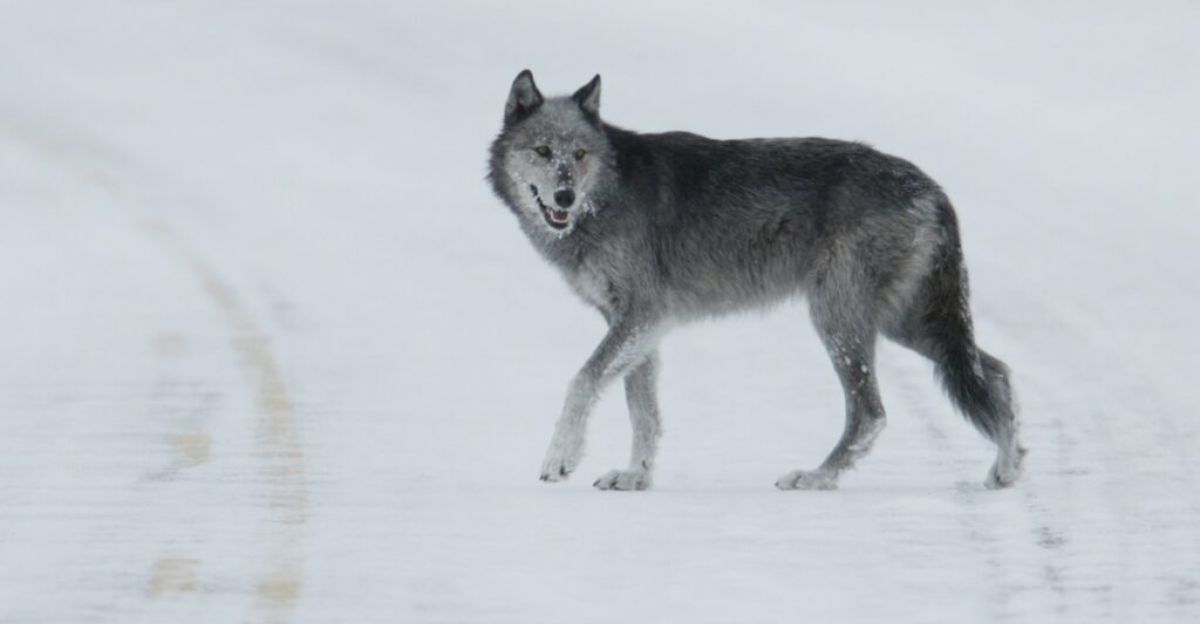
The reestablishment of a cougar population in Michigan is part of a broader pattern of wildlife restoration across North America. Such initiatives have reintroduced wolves to Yellowstone National Park, which had a significant ecological impact in the area. The return of cougars to Michigan has the potential to lead to the same positive ecological impacts for other native species as was seen in Yellowstone, which encourages and oversees natural restoration and resilience.
Community Engagement

The discovery can inspire local communities to engage in conservation efforts by providing educational programs that highlight the importance of cougars and their role in the ecosystem. Efforts to reestablish a cougar population in the state could become a source of pride among Michiganders, emphasizing the state’s unique wildlife heritage. Further, the sighting presents a chance for eco-tourism, attracting tourists who have an interest in wildlife watching and photography, which will benefit local economies.
Establishing Peaceful Coexistence

As remarkable and positive as this discovery and re-establishment of an apex predator population is, many will claim that cougars pose a threat to livestock and human life. While this is a genuine concern, there is a way to maintain a peaceful coexistence through effective education and management programs. The risk of human-wildlife conflict should not deter conservation but rather be the driving force behind the development of new and creative solutions, such as non-lethal deterrents and community-based conflict resolution strategies.
Looking to the Future
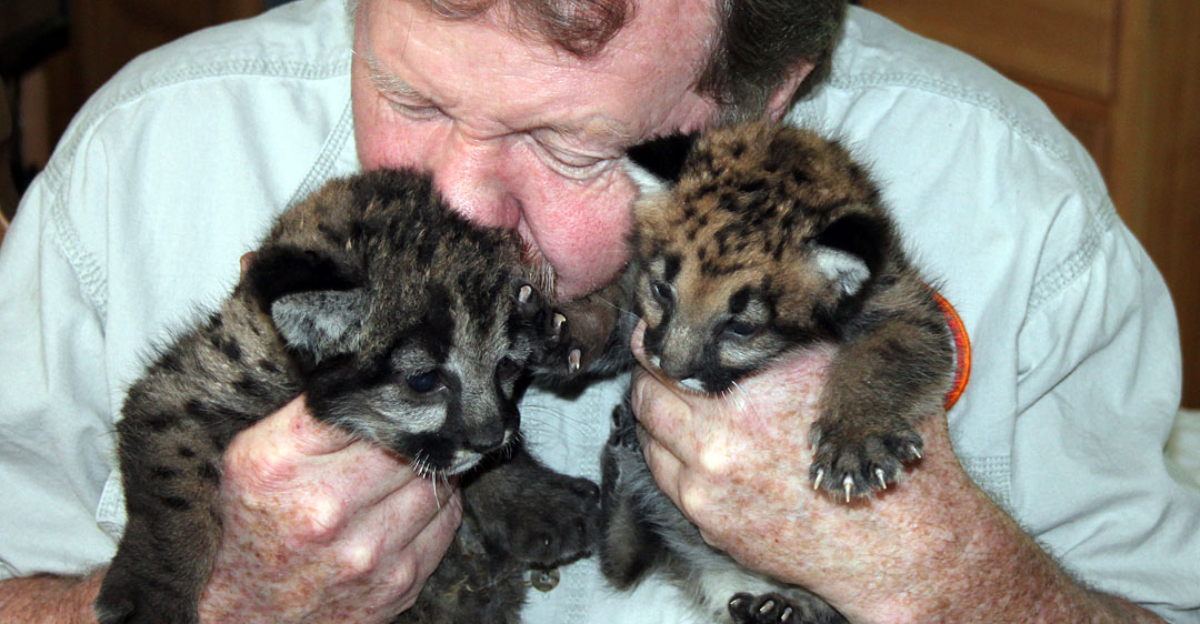
The sighting of cougar cubs in Michigan is an indication of nature’s strength and the success of conservation efforts. It provides us with a glimpse of a future where human beings and animals live together in a state of ecological harmony. Long-term dedication to habitat preservation, research, and education will be crucial in ensuring cougars and other native species thrive in Michigan for years to come.
Explore more of our trending stories and hit Follow to keep them coming to your feed!

Don’t miss out on more stories like this! Hit the Follow button at the top of this article to stay updated with the latest news. Share your thoughts in the comments—we’d love to hear from you!







